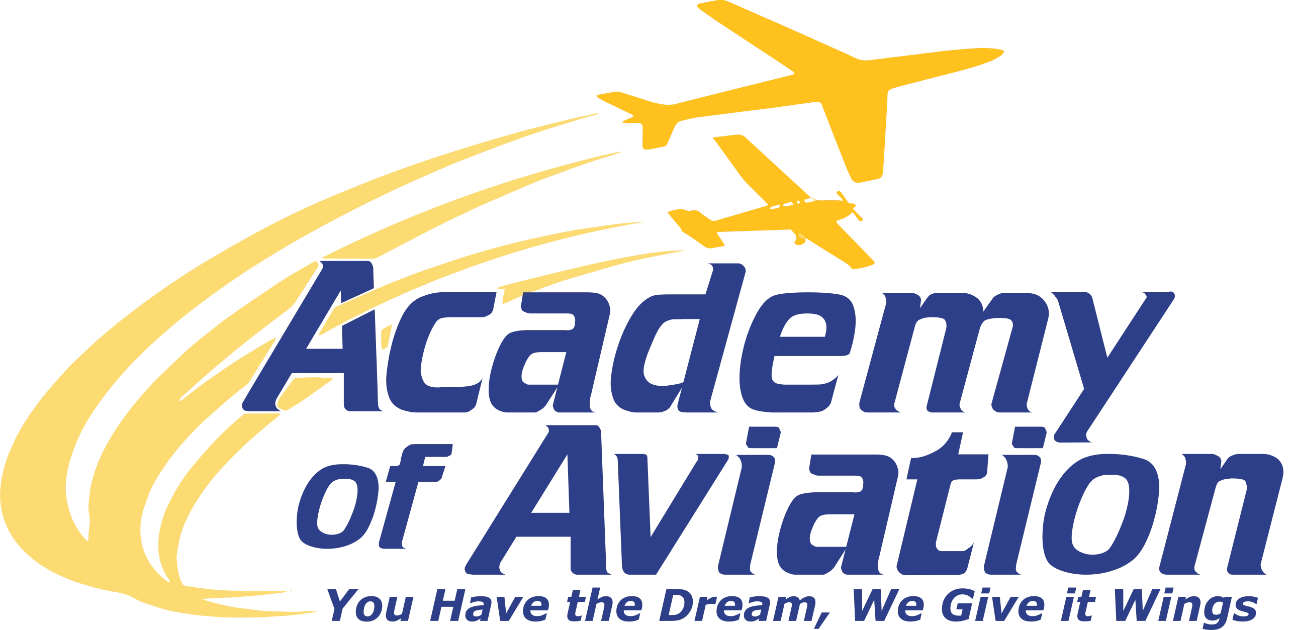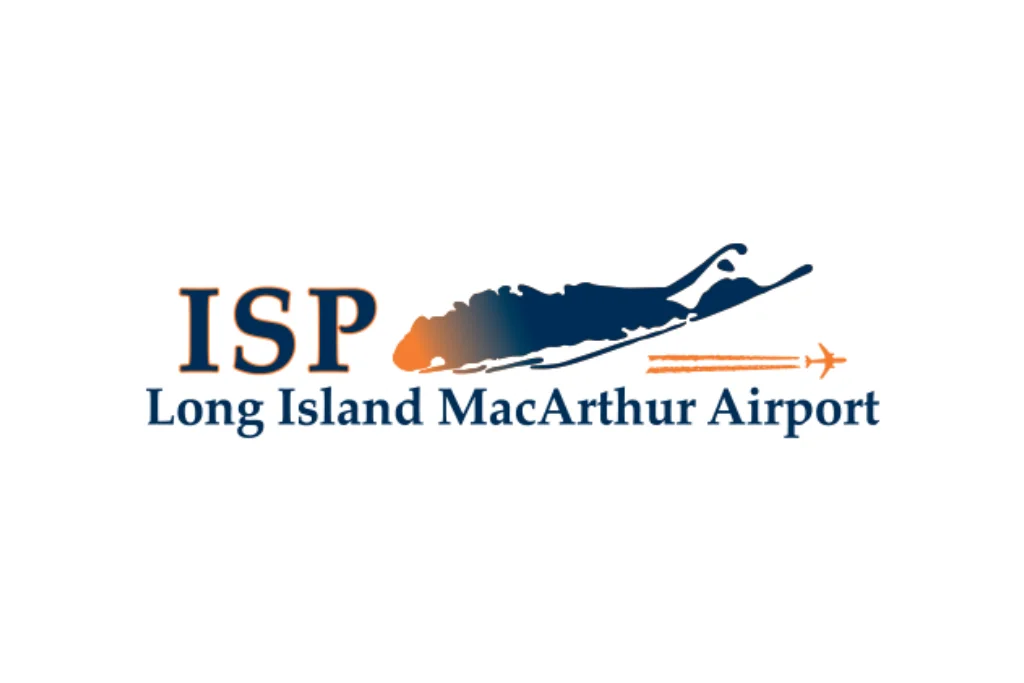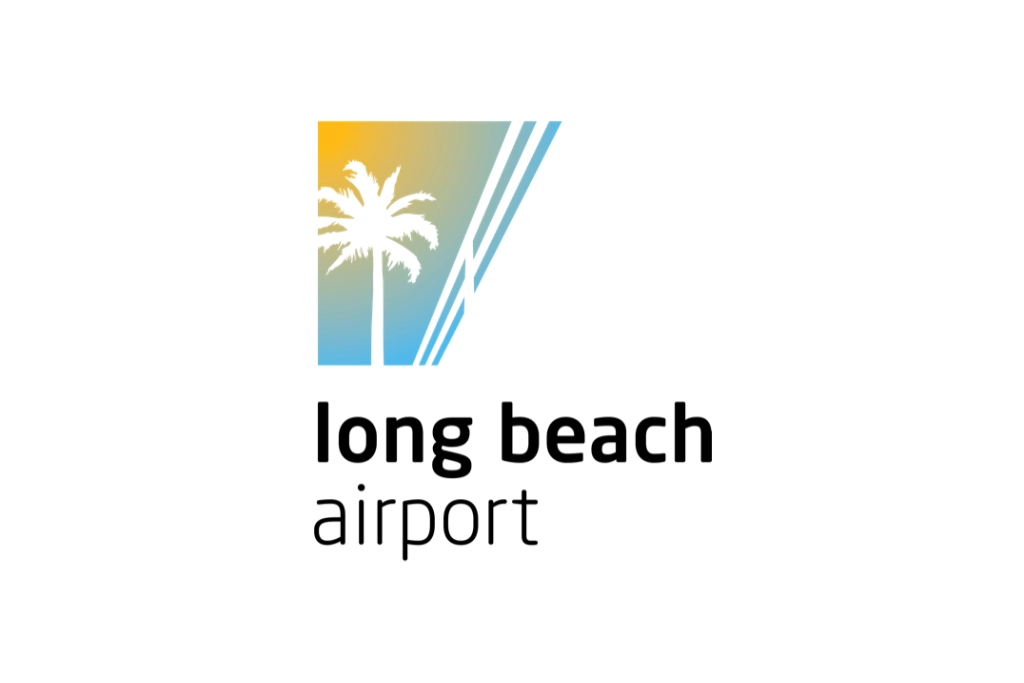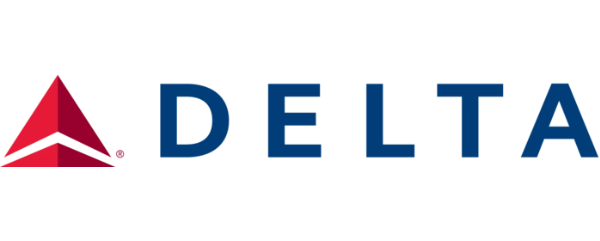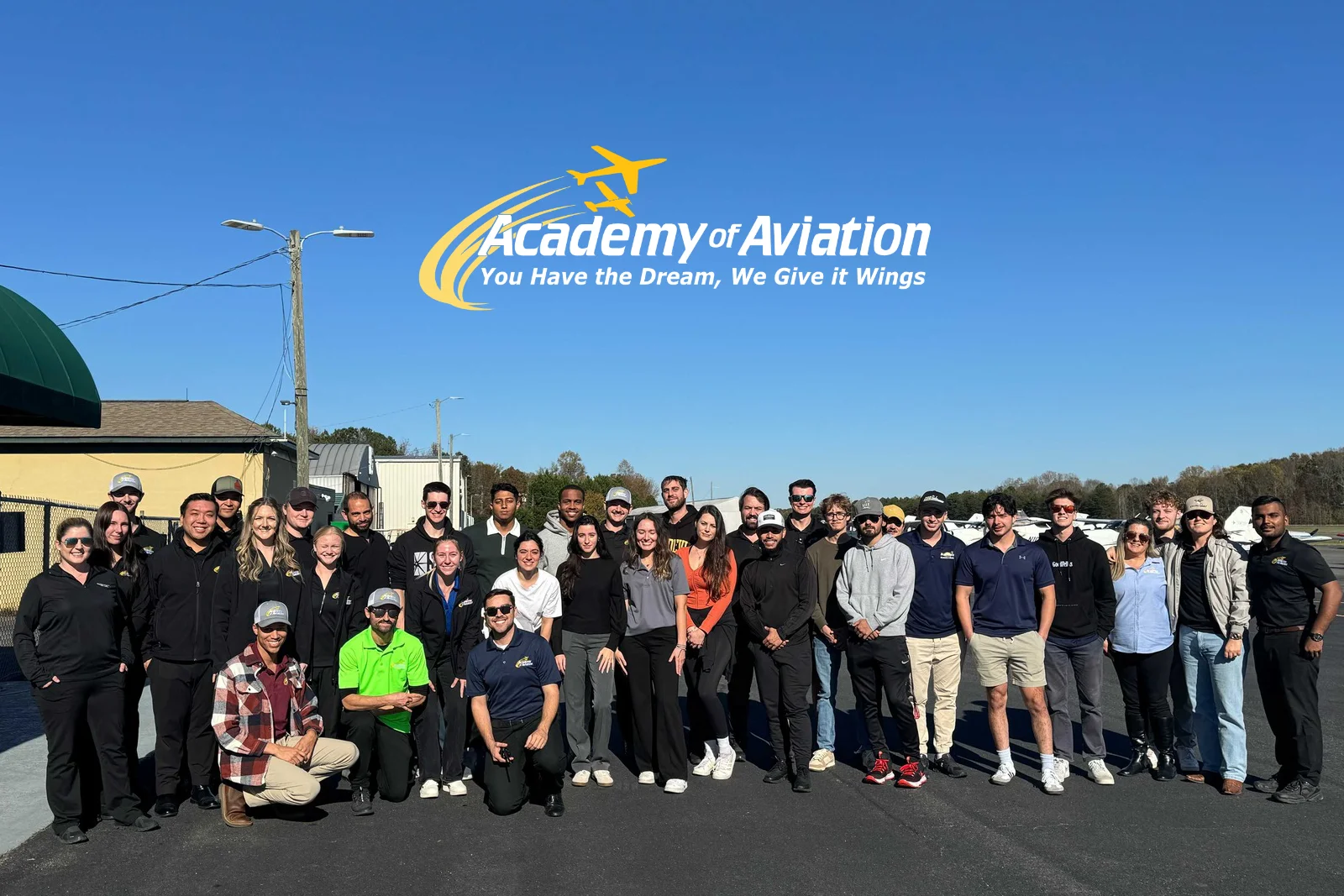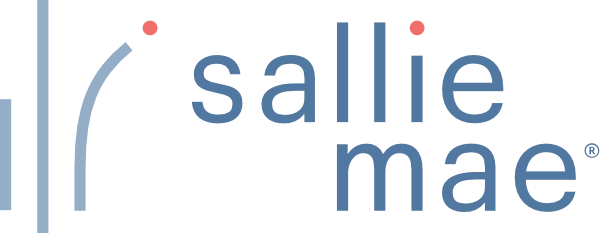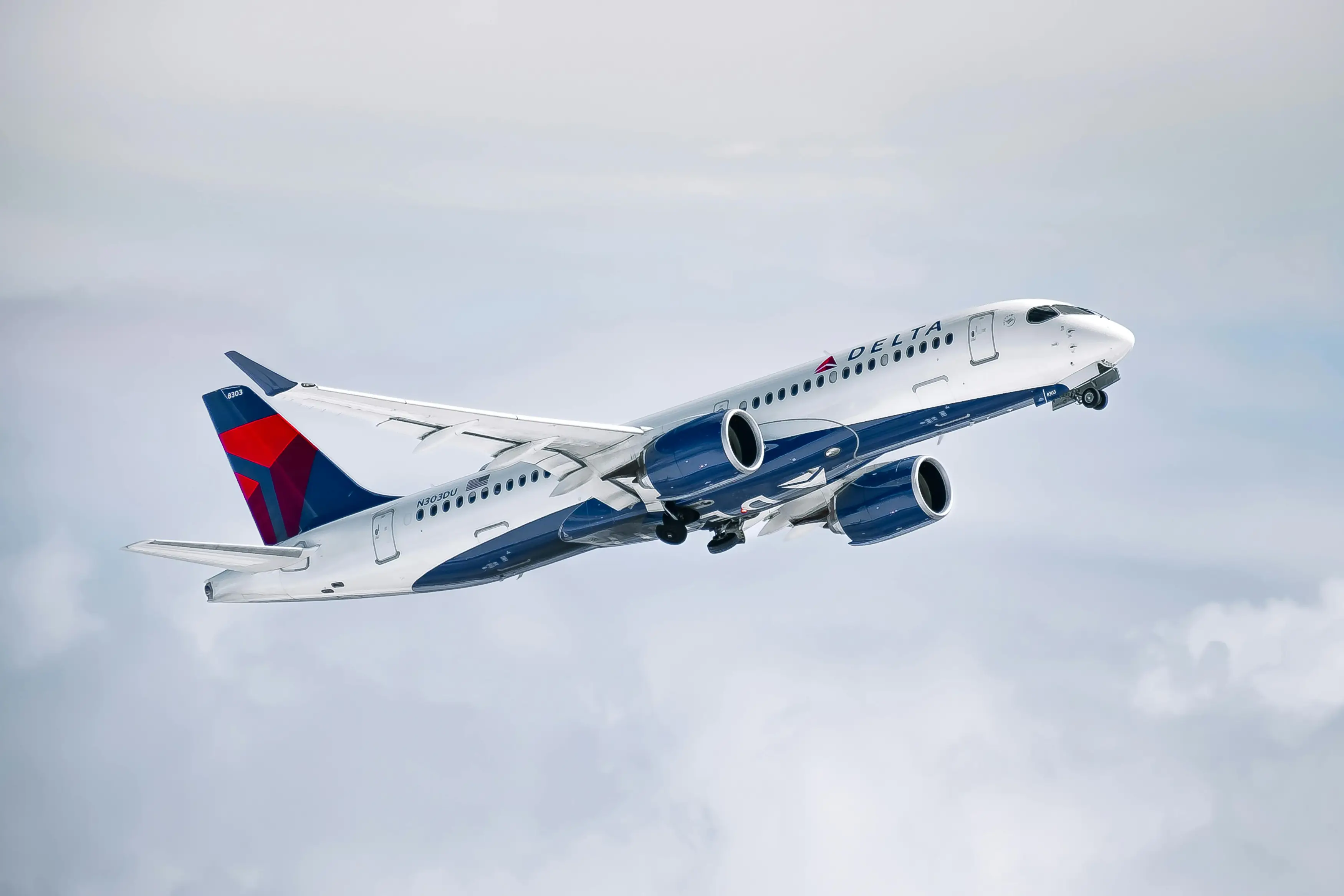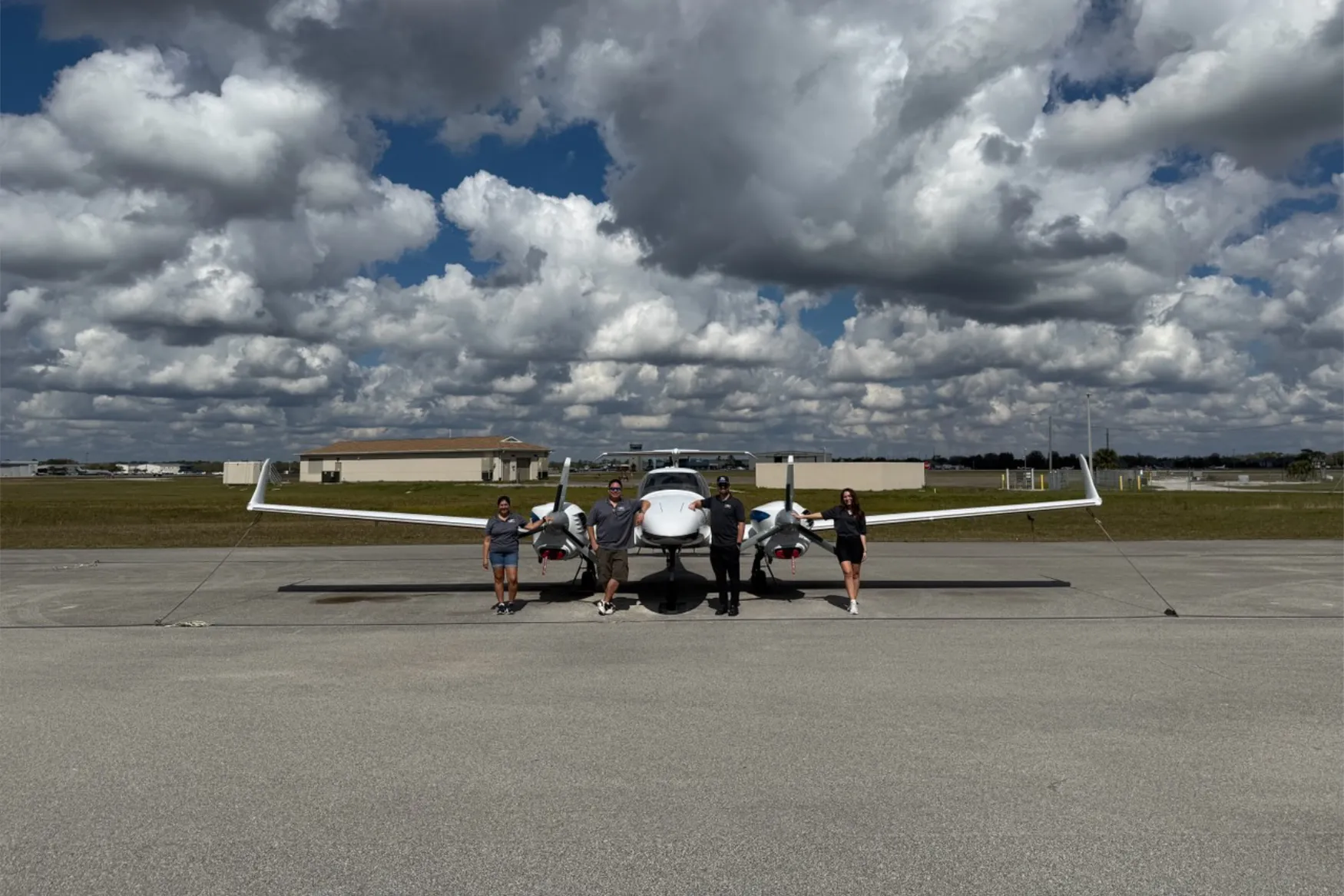Refer a friend and Earn $1,000 in Flight Training Credit
At Academy of Aviation, we believe flying is better with friends. That is why we are rewarding you for helping others achieve their aviation dreams.
Here is how it works:
Refer a new student to Academy of Aviation
When your referral enrolls in our PPL to CPL program, you will receive a $1,000 flight training credit.
Your credit will be added 60 days after your referral starts school, and their payment is confirmed.
There is no limit. Refer as many friends as you like and keep earning credits toward your flight hours.
Start spreading the word and watch your flight hours take off.
